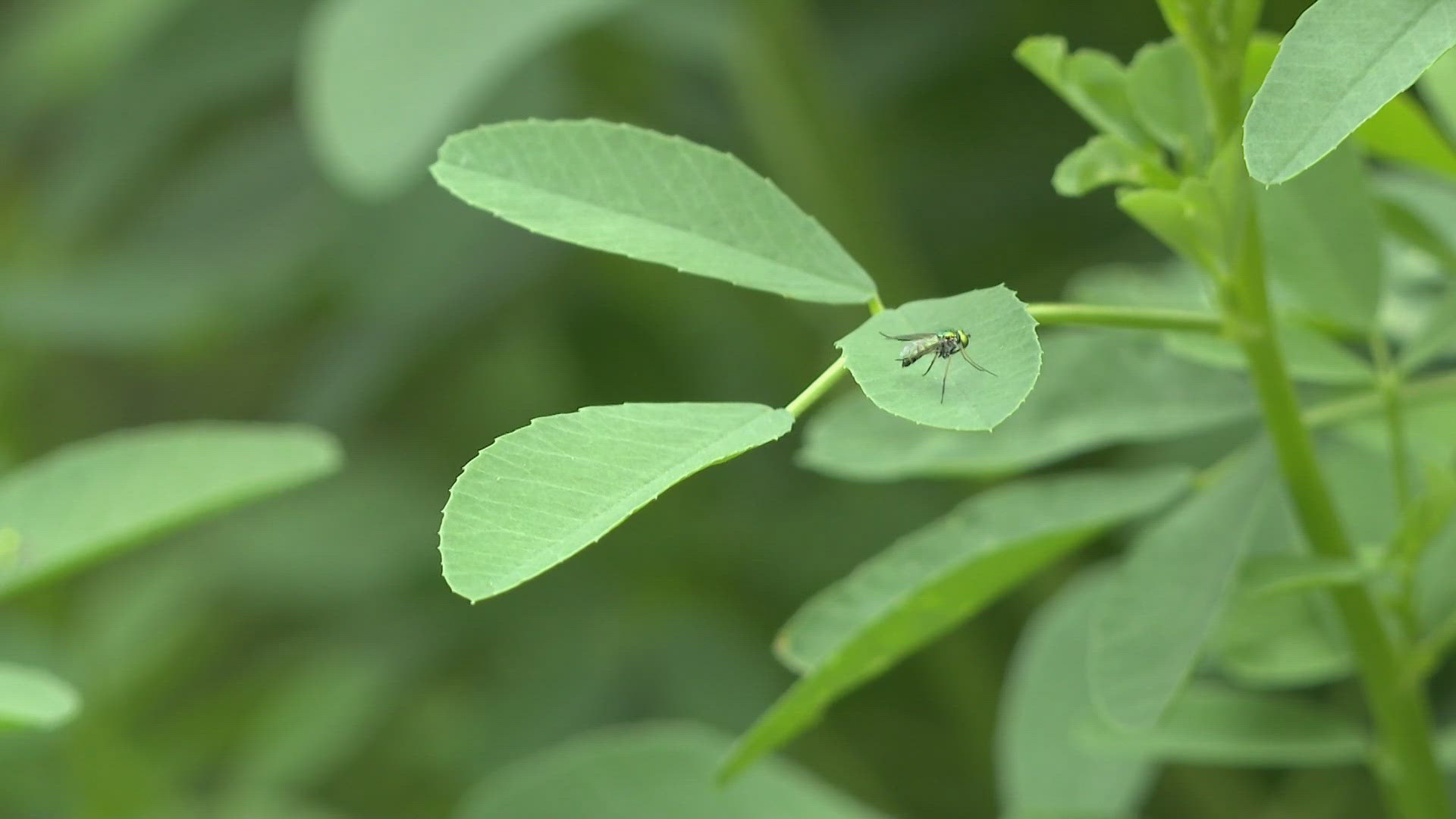DENVER — Health experts are urging Coloradans to take precautions after the state's first human West Nile virus case of 2024 was confirmed this week in Arapahoe County.
It follows a record year for West Nile cases in Colorado, with 634 total cases reported. That's more than the previous four years combined. In total, 386 people were hospitalized, up from just 143 in 2022.
One of those patients was Doug Pfluger, a Denver man who believes he was bit in his backyard.
“I was fine one day working in the garage and the backyard, and that night, I was laying on the floor,” he said.
Pfluger has multiple sclerosis but said he never had any serious complications until contracting West Nile virus. He said he’s struggled to regain balance and full motor function following the bout with the virus.
“They told me to expect six months to a year to really start to being close to a full recovery, and I don’t know if I’m going to make it by August. It’s still pretty tough,” he said. “I was basically paralyzed. I couldn’t move my fingers, toes, anything, and that was really dark.”
Pfluger credited the team at UCHealth for getting him back on his feet and said after months of rehab, he's making progress in his recovery.
While cases like Pfluger's are rare, the spike in serious cases in 2023 has some concerned about what 2024 could have in store.
“It’s in our mind, and we’re expecting more of the same,” said MSU biology professor Bob Hancock.
Hancock, known affectionately as the "mosquito man," has been capturing and studying Colorado mosquitos for decades. He said a record population in 2023 could lead to high numbers in 2024.
“We had a lot of mosquitos last year, record numbers, and that means we had record numbers of mosquitos going into hibernation,” he said. “So, it’s probable that we’re having record mosquitos coming out of hibernacula, and here we are.”
Despite those concerns, early season traps aren’t showing anything out of the ordinary, Hancock said.
One reason could be the dry spring experienced in many portions of the Front Range.
“Less water means fewer mosquitos,” he said. “So maybe they’ve died.”
It will be a few weeks before we know just how serious this summer’s West Nile situation will be, he said.
“This time of year, I just don’t have a crystal ball,” he said.
Pfluger said he hopes for the best and that others don’t have to experience what he’s been through.
“I’ve heard that this year’s going to be worse than last year, so I wish everybody luck, and hopefully, not too many people have to go through it like I did," he said.
SUGGESTED VIDEOS: Next with Kyle Clark

